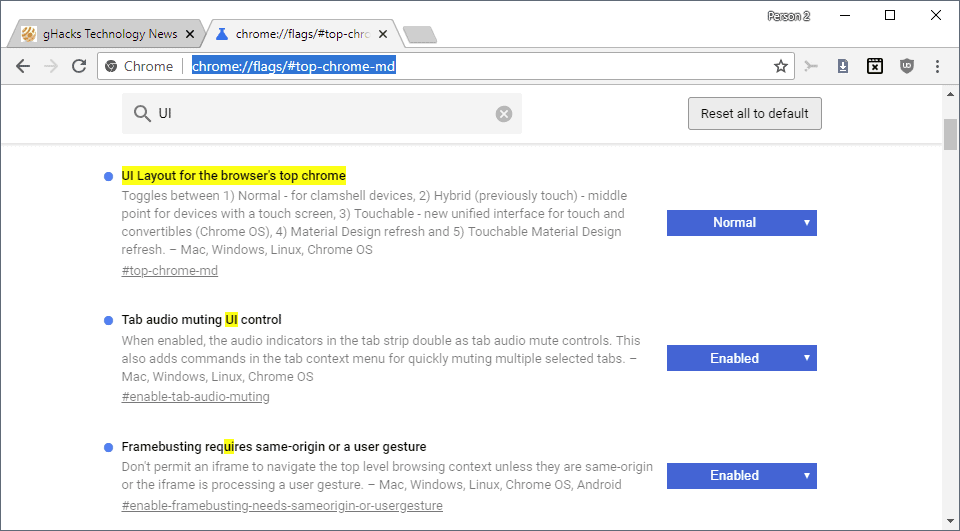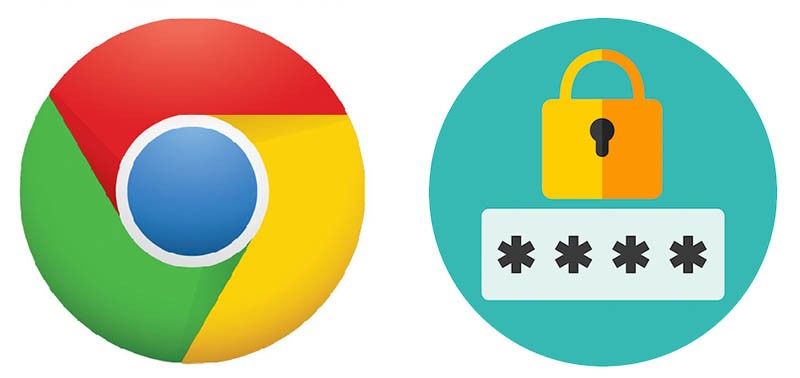

- #CHROME RANDOM PASSWORD GENERATOR GENERATOR#
- #CHROME RANDOM PASSWORD GENERATOR UPDATE#
- #CHROME RANDOM PASSWORD GENERATOR WINDOWS#
In case the Chrome Password Manager is not enabled in your browser by default, you can set it manually. I recommend you to go through the details on their official page to understand it better. Other security measures include important warnings in case you land on a deceptive phishing page, site isolation, and sandboxing. All of this is done automatically without any need for user intervention.
#CHROME RANDOM PASSWORD GENERATOR UPDATE#
Google says that Chrome browser receives a security update every six weeks and in case of ‘critical’ bugs, a fix is delivered within 24 hours. Naturally, security becomes a significant concern here.Īddressing the issue, Google has provided a link that details what Google is doing to protect its users. We are talking about our entire digital life here which includes finances, social media sites, and other essential portals that you regularly use in Chrome. I think every password that you use should have a special character in it and should be completely random rather than something that can be associated with you. By default, Google doesn’t recommend it but notes that if it is required by the website, Chrome Password Manager will generate the password accordingly. Some websites also require you to use a special character (like $, #, &) in the password.

Every password that you create and use should have at least one lowercase (a, b, c), one uppercase (A, B, C), and one number (1, 2, 3) in it. With the number of high profile hacks on the rise, Google has come up with basic criteria that you will have to adhere to for your own safety, at the time of creating a password. What if you don’t use a Chrome browser? Well, then you are better off using another password manager. While this is a good thing, it is also limiting in a way. So it covers Windows, Mac, Android, iOS, and Linux platforms. Works with Chrome on Every DeviceĬhrome Password Manager depends on the Chrome browser to deliver this new service which means that it will work on every device that supports Chrome. Let’s see how the revamped Chrome Password Manager works and what it has to offer.

Yes, the newly revamped Google Chrome, version 69 released on its 10th anniversary, now comes with a password manager. A new player in the arena is the Chrome Password Manager. Various bug fixes and performance improvements.At GT, we have covered passwords managers before, and some of them are really good.Saving and restoring user's preferences.
#CHROME RANDOM PASSWORD GENERATOR WINDOWS#
SecurePassword Kit supports random password generation form the Windows command line. Simple recovery tool that shows you all passwords stored by Google Chrome web browser. Passwords saved in the Keeper are protected with help of a master password. Secure storage of your passwords from different web sites, email, social networks and other internet resources accounts. It allows you create secure passwords in one click of a button.Ī simple tool that estimates strength of your password as you type it. After running SecurePassword Kit the tab Google Chrome Password Recovery instantly retrieves and displays stored passwords.Įxcellent and easy-to-use tool for getting new secure passwords. Google Chrome Password Recovery is a simple recovery tool that shows you all passwords stored by Google Chrome web browser. Password Checker allows you to estimate quality of your password.
#CHROME RANDOM PASSWORD GENERATOR GENERATOR#
The Password Generator provides set of options that allows your choose the required complexity of the password. It allows you create secure passwords in one click of a button.Ĭreate single or multiple passwords of required length. Random Password Generator is the excellent and easy-to-use tool for getting new secure passwords. The SecurePassword Kit offers Random Password Generator, simple Password Checker and Google Chrome Password Recovery tools. If you have a secure, complex password, chances of your account getting hacked are significantly reduced. Choosing a strong password for your accounts is the first step in protecting your account from being hacked. Security experts have identified weak passwords as a primarily vulnerability in online security. Undoubtedly, passwords are keys to our security and privacy in the Internet.


 0 kommentar(er)
0 kommentar(er)
